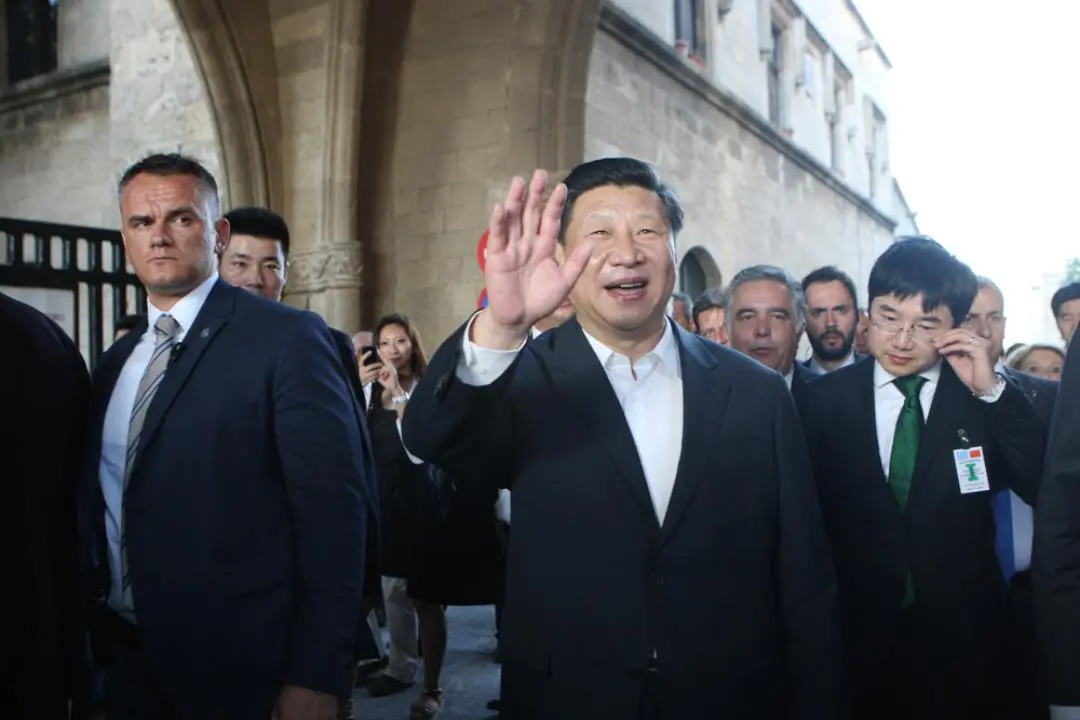This spring, the Hungarian government secretly borrowed a EUR 1 billion loan from China, with the lump sum being withdrawn on 19 April, a fact only revealed at the end of July. This loan adds up to a debt of around EUR 1 billion, and when combined with other loans, Hungary’s total debt to China could be significantly higher.
Hungary in significant debt to China
444 has compiled a list of the outstanding debts, primarily using data from the Public Debt Management Centre (ÁKK). Their findings show that in just three years, the Hungarian government has accumulated considerable debt to China. By the end of the second quarter of this year, Hungary owed HUF 71.79 billion (EUR 182 million) to the Asian Infrastructure Investment Bank, a debt first incurred in the last quarter of 2022.
Earlier, in the second quarter of 2022, Hungary secured a loan for the construction of the Budapest-Belgrade railway line. So far, they have drawn down HUF 341.6 billion (EUR 866 million) for this project. The total investment for the railway amounts to HUF 750 billion (EUR 1.9 billion), of which 85% is being financed by loans and 15% by co-financing. Additionally, in the spring of this year, Hungary requested a loan of EUR 1 billion in complete secrecy by the end of the second quarter, according to the ÁKK’s accounts.
On top of these loans, Hungary also has CNY 3 billion worth of foreign currency bonds due for repayment to Chinese investors this year and next, which equates to around EUR 380 million at the current exchange rates. In total, 444 estimates Hungary’s debt to China now exceeds HUF 1,000 billion (EUR 2.536 billion), although they caution it could be even higher.
Hungary deepens strategic ties with China amid EU concerns

Xi Jinping. Photo: depositphotos.com
While the European Union views China’s foreign economic policy as increasingly challenging, the Hungarian government seems unfazed by the growing vulnerability to China. In fact, Prime Minister Orbán’s administration has been steadily facilitating China’s presence in Hungary, beginning with the high-profile joint Hungarian-Chinese Budapest-Belgrade railway project.
In pursuit of diversification, Hungary then opened up to Chinese investors by issuing yuan-denominated government bonds, followed by the idea of establishing Fudan University in Hungary. Chinese investments, particularly in the battery industry, were also encouraged, culminating in the deployment of Chinese police officers in Budapest and the acceptance of a large Chinese loan. The government has kept the details of this loan under tight wraps.
18 joint investment agreements signed in May
During Chinese President Xi Jinping’s visit to Hungary in May, the two nations’ leaders signed 18 joint investment agreements as part of a strategic partnership.
Among these agreements, they planned to expand Hungarian-Chinese cooperation across the entire nuclear industry spectrum, begin preparations for constructing a railway ring around Budapest (previously known as the V0 ring), and initiate work on a high-speed railway project connecting Budapest city centre with Ferihegy airport.
Additionally, they are working on jointly developing an electric car charging network, starting construction on Europe’s “most modern, largest, safest, and fastest transit” border crossing between Hungary and Serbia, and exploring the possibility of an oil pipeline between Hungary and Serbia, involving Serbian participation.
Read also:
- New China-Hungary projects in the pipeline as economic cooperation grows – Read here
- Hungary’s largest steel producer gets Chinese support for green upgrade – Read here
- Hungarian government plans new foreign bond issuance following gigantic Chinese loan – Read here


